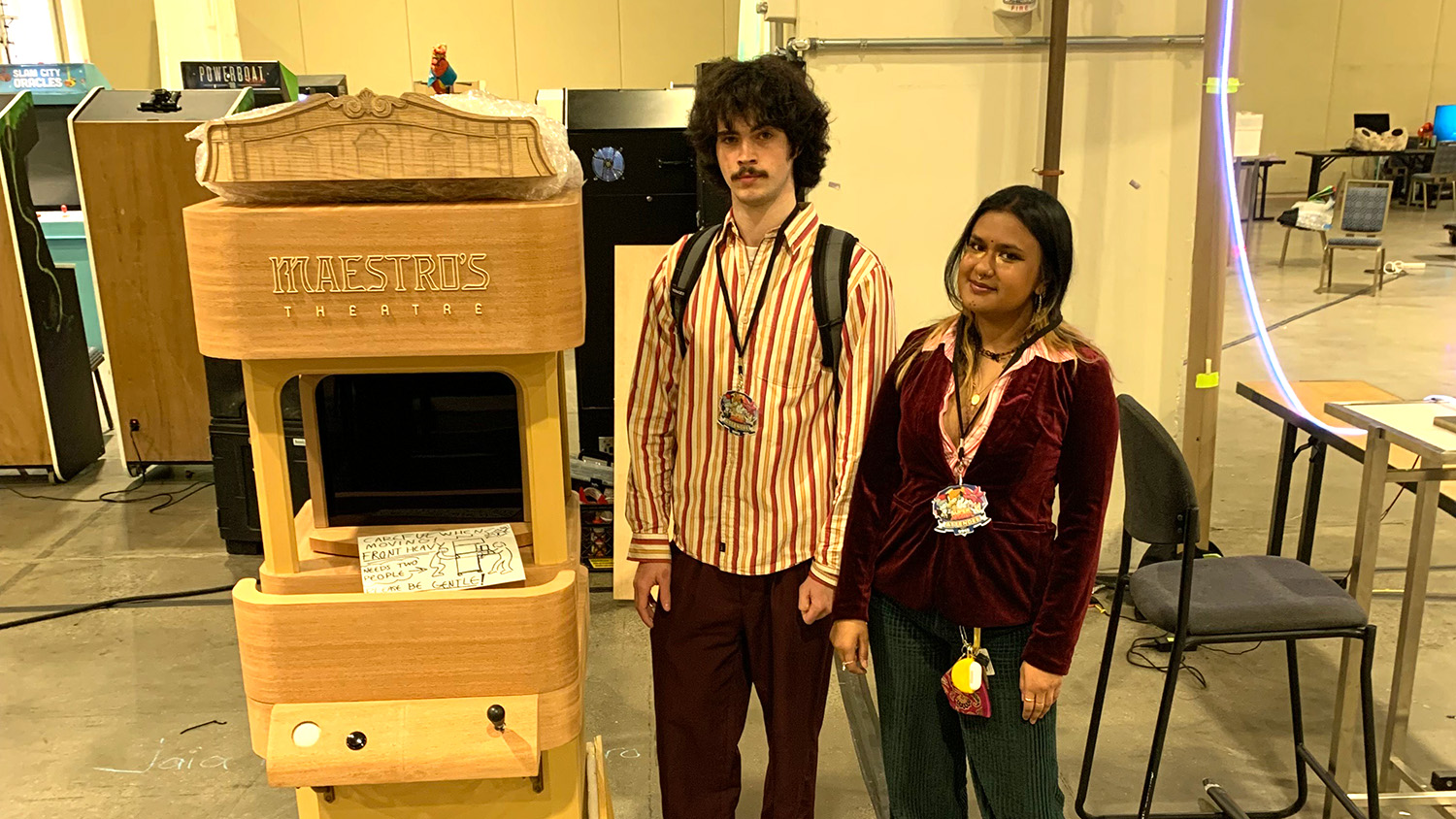NC State Promotes College-Going Culture to Rural NC
If you had only 20 minutes each year to spend with your guidance counselor, how would you prioritize that time? Would you talk about the difficulties you’re having at home? Would you share your worries about being the only new kid in your class? Or would you spend those few minutes planning for a future that sometimes seems impossibly far away? In a nation with an average student to guidance counselor ratio of 450:1 (which equates to just 20 minutes a year for each student), the dilemma is real. A mere 20 minutes to ask questions, voice fears, vent frustrations. Twenty minutes to decide your future. It’s not nearly long enough.
High school students in our rural communities are particularly vulnerable to this trend. Often, these students are the first in their families to consider pursuing post-secondary education and thus, they receive little advice or family assistance. The College Advising Corps, a national organization committed to supporting low-income and underserved students as they navigate the college process, seeks to address this deficit.
What began as a pilot project housed at the University of Virginia has evolved into an independent, North Carolina-based nonprofit which to date has served more than 543,000 students across the U.S. A partnership with the John M. Belk Endowment has enabled the organization to extend its reach, partnering with four of North Carolina’s top institutions, including NC State. In its inaugural year, the NC State College Advising Corps is preparing to send advisers to some of North Carolina’s most underserved rural public schools.
These advisers have spent five weeks on Centennial Campus, learning to apply information from campus partners like the Office of Undergraduate Admissions, TRIO, Student Health Services, and the Counselor Education Program. As the school year begins, advisers will relocate to the counties of their assigned schools, becoming integral members of the communities in which they serve. They will work in collaboration with the on-site school guidance counselors, focusing solely on the college-going process and leaving counselors free to address other important issues. Advisers are a maximum of one year post-graduation, adhering to a “near-peer” model which allows students to forge working relationships with advisers with whom they identify.
The College Advising Corps promotes college attendance, rather than a particular university. Students are encouraged to explore their full potential when considering colleges; however, if their test scores or high school grades are a concern, community and junior colleges are promoted with the same level of excitement and pride as their four year counterparts. Regardless of the chosen school, the decision to further one’s education is celebrated.
For many, higher education is an unattainable dream. They won’t feel the excitement of touring a college campus, or experience the pride of sharing an acceptance letter with family. But it won’t be because they do not possess the intelligence or the motivation, but instead because they lack the opportunities. In spite of, or because of, or independent of their backgrounds, there are so many students who hold the inherent tenacity to pursue their dreams. The College Advising Corps is proud to support these deserving individuals as they explore and achieve their fullest potential.
- Categories:


